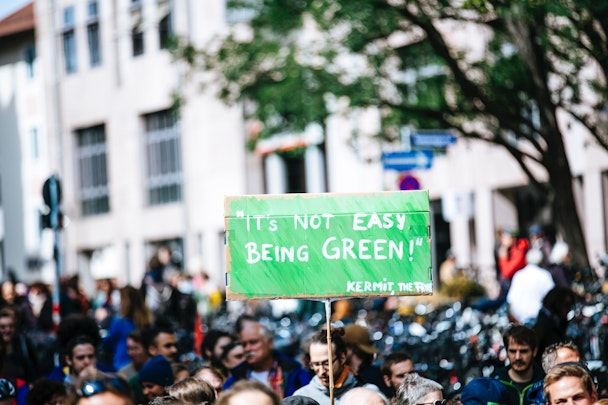Google ad ban creates a hostile environment for climate change denial
Google has banned the display of ads on YouTube videos and other content that spreads false claims about climate change as part of ongoing efforts to maintain brand safety.

The measure places climate change denial on the same content blacklist as violence and drug use
The decision to climb off the fence on the burning issue of the day means any website or YouTube creator wishing to profit commercially from their work will no longer be able to host inaccurate statements or ‘contradict scientific consensus’ around the phenomenon.
Referring to climate change as a hoax or a scam will not be tolerated under the new regime, as well as attempts to deny that the planet is warming or attempts to break the link between greenhouse gas emissions and climate change.
Designed to banish YouTube’s reputation as a home for misinformation, the housekeeping exercise seeks to reward considered voices and penalize those who seek to undermine established science.
Explaining its toughened stance, Google said: “In recent years, we’ve heard directly from a growing number of our advertising and publisher partners who have expressed concerns about ads that run alongside or promote inaccurate claims about climate change.”
The measure places climate change denial on the same content blacklist for blocked or restricted advertising as violence, drug use, guns and adult material. This can be set against a growing backlash from ad agencies concerned at their association with climate change misinformation and the knock-on reputational damage that can accrue.
Google’s decision sees it break ranks with fellow tech titan Facebook, which still does not forbid advertisements peddling untruths relating to the changing climate, opting to launch a misinformation hub instead.
In 2019 over 20 ad agencies pledged to cease work on fossil fuel briefs in a show of support for the Extinction Rebellion movement.
Content created with:

Google is committed to helping businesses thrive in a privacy-first world. The technology giant works with thousands of businesses and agencies to help them prepare...
Find out more
